- Write by:
-
Tuesday, May 24, 2022 - 12:52:36
-
572 Visit
-
Print
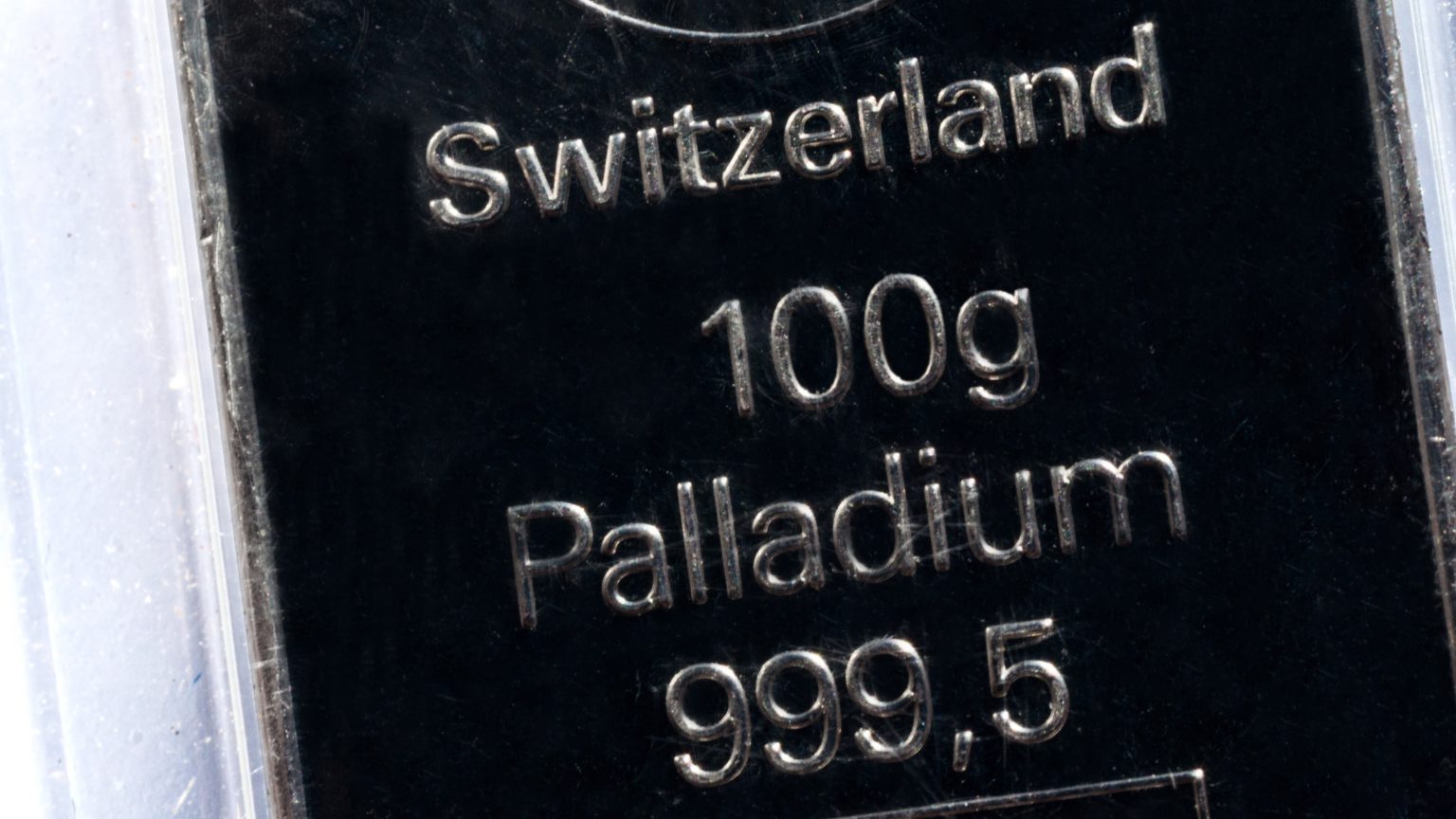
Mining News Pro - A reluctance by precious-metals traders to handle Russian-produced palladium is creating an unusual and persistent dislocation between the world’s two main markets.
In the European hubs of London and Zurich, traders can select the origin of metal they receive, while those taking delivery of a New York Mercantile Exchange futures contract don’t get the same choice. The threat of receiving Russian ingots has helped push New York futures to about a $30-an-ounce discount to similarly dated forwards in London and Zurich.
Such a gap would typically create arbitrage opportunities for traders who can buy the metal in one city and ship it to another, eventually narrowing the price discrepancy. However, the perceived risks in dealing with Russian metal — even where it’s allowed — are keeping traders on the sidelines and prolonging the dislocation, according to two traders.
Russian palladium hasn’t been sanctioned and only newly minted ingots face any restrictions in either European or American markets. However, traders are concerned about getting stuck with Russian-branded bars if they are unable to sell them. “Self sanctioning” is a theme that’s playing out to varying degrees across commodity markets as traders and manufacturers wrestle with whether to go beyond the restrictions imposed by governments.
The London Platinum and Palladium Market and the CME Group Inc — which owns the Nymex — removed Russian refiners from their accredited lists last month, which means that newly minted ingots can’t be bought and sold in the two trading hubs. Those made prior to the suspension can still be bought and sold, but traders are reluctant to handle them, the people said.
CME declined to comment.
Russia is the world’s top palladium producer, accounting for about 40% of global mine supply. So far, its exports of the metal, which is used to make catalytic-converters in gasoline-powered cars, have only been targeted by the UK with increased import tariffs.
MMC Norilsk Nickel PJSC, Russia’s only producer, sells metal under contracts to long-term clients. However, there’s a substantial amount of Russian metal already in the market, in some cases dating back to Soviet times.
In theory, traders could ship the Russian branded ingots to refiners to have them remelted, removing any trace of their origin. However, refineries are also reluctant to process the metal, according to people familiar with the matter. At least one refiner was approached to do so but turned down the business, one of the people said.
The dislocation echoes the chaos that engulfed precious metals markets in 2020. When the pandemic grounded flights and forced refineries to shutdown, bullion banks grew concerned about their ability ship metal from London to the US, leading to massive dislocations between prices in the two markets.
Eventually with the help of chartered flights traders were able to arbitrage the two markets, closing the spread and generating massive profits for some traders.
Short Link:
https://www.miningnews.ir/En/News/621406
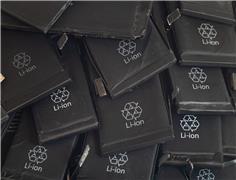
Trading of CME Group Inc.’s nearly three-year-old lithium hydroxide futures contract is soaring, with more funds ...
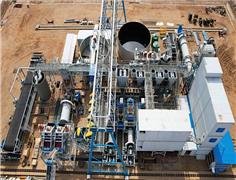
NextSource Materials has submitted an application to build a downstream battery anode facility (BAF) to process graphite ...

Northvolt AB is starting construction of a €5 billion ($5.4 billion) battery plant in northern Germany to supply ...

The United States is looking to Africa to help loosen a Chinese stranglehold on battery metals and reduce Russia’s ...
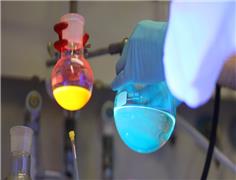
A researcher at the Leibniz Institute for Catalysis in Rostock has developed new methods for the synthesis of drug ...
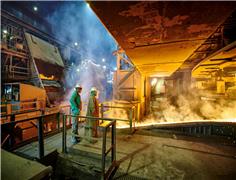
Sibanye Stillwater on Tuesday reported a $2 billion annual loss and scrapped its final dividend, hurt by a slump in ...

Precious metals producer Sibanye-Stillwater (JSE: SSW)(NYSE: SBSW) flagged on Wednesday a 47.5 billion rand ($2.58 ...

Precious metals producer Sibanye-Stillwater (JSE: SSW)(NYSE: SBSW) has teamed up with metals trader and recycling ...
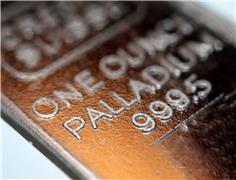
Palladium rose by 8% on Wednesday, regaining a premium against its sister metal platinum, as some investors covered ...
No comments have been posted yet ...